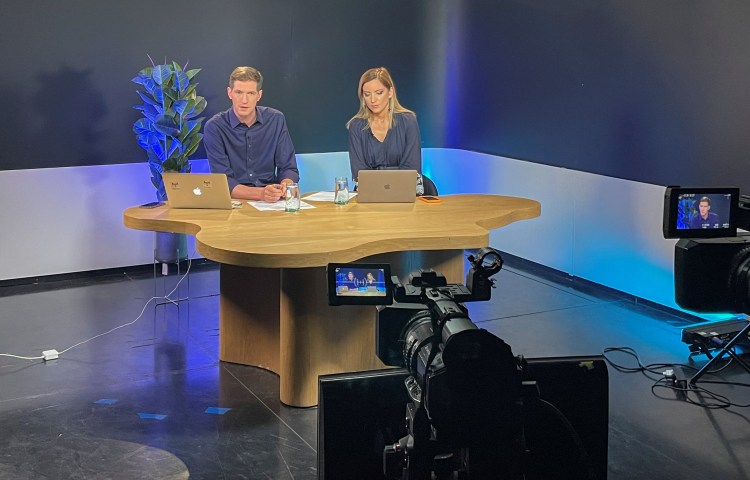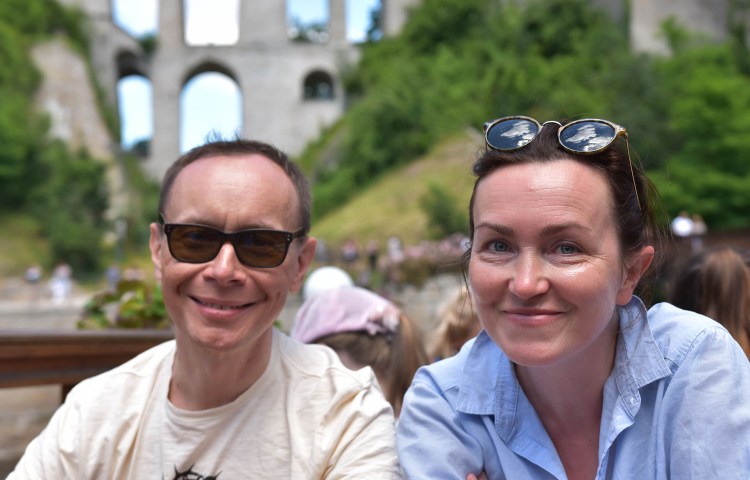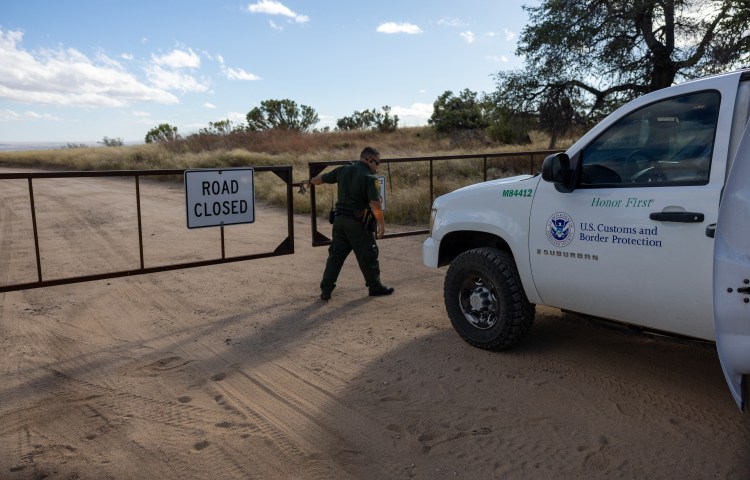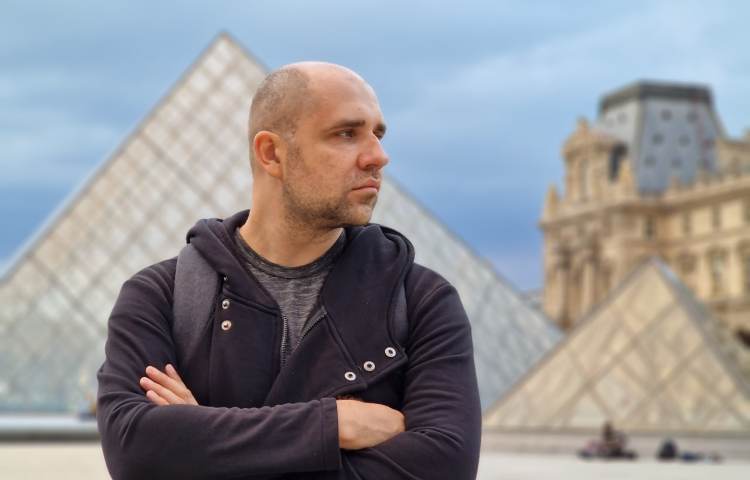
Russia’s repression record
Since Russia’s full-scale invasion of Ukraine in 2022, its media has experienced an unprecedented crackdown. Hundreds of journalists have been forced into exile, where they continue to face transnational legal persecution, and their families have been harassed back home. Meanwhile, reporting from inside Russia has become increasingly difficult, with journalists and media outlets often silenced…

‘Life goes on without you’: Q&A with Ukrainian journalist Vladyslav Yesypenko
Captured by Russian security services and sentenced on false charges, Ukrainian journalist Vladyslav Yesypenko spent over four years in a Russian prison, enduring torture while trying to maintain his sanity and physical strength. Yesypenko, who covered Ukraine’s Russian-occupied Crimea for the U.S. Congress-funded Radio Free Europe/Radio Liberty (RFE/RL), was released in June. He was first detained by Russian authorities…

Belarus opens criminal cases against more than 60 journalists in exile
Documentary filmmaker Maryia Bulavinskaya’s love of history led her to buy a traditional wood home in the Belarusian village of Rogi-Iletsky in 2019. Her plans to renovate and eventually live in the house were put on hold in 2020 when she fled the country out of fear of being detained for her coverage of anti-government…

How Russia silences critical coverage of its war in Ukraine
Russia’s months-long jailing of journalists Evan Gershkovich and Alsu Kurmasheva —released on August 1 as part of a prisoner exchange — was one of the most blatant illustrations of Russia’s muzzling of the press in the wake of its February 2022 full-scale invasion of Ukraine. The war has precipitated what a representative of the now-shuttered Russian Journalists’ and Media Workers’…

In Tajikistan, independent media throttled by state repression
Giant portraits of President Emomali Rahmon adorn even the most nondescript buildings in Tajikistan’s capital of Dushanbe. Throughout the country, his sayings are featured on posters and billboards. Their ubiquitous presence underscores the consolidation of power by Rahmon – officially described as “Founder of Peace and Unity, Leader of the Nation” – since he emerged…

‘Our kids miss their mom’: Husband of journalist Alsu Kurmasheva speaks out about her detention in Russia
Alsu Kurmasheva, an editor with the Tatar-Bashkir service of U.S. Congress-funded Radio Free Europe/Radio Liberty (RFE/RL) and a dual U.S.-Russian citizen, has been in Russian detention since October 18, when authorities in the western city of Kazan charged her with failure to register herself as a foreign agent. If found guilty, Kurmasheva faces up to…

Mercenary leader’s death sparks hope for new leads in 3 Russian journalist murders
The August 2023 death of Yevgeny Prigozhin, founder of the Russian mercenary Wagner Group, made headlines around the world amid speculation that President Vladimir Putin was behind it. But to press freedom observers, the death was notable for another reason: It may have signaled a new era in long-stalled efforts for justice for three Russian…

Forensic tools open new front for using phone data to prosecute journalists
On April 13, police in Russia’s Khakassiya republic arrested Mikhail Afanasyev and seized his digital devices. Afanasyev, chief editor of the online magazine Novy Fokus, was detained based on an article about riot police in southern Siberia refusing to serve in Ukraine. He faces a possible 10-year prison sentence for spreading “false” information. It’s not surprising for…

SOTA, one of the last independent news outlets in Russia, doubles down on coverage
Since the outset of Russia’s full-scale invasion of Ukraine in February, Russia has sought to stamp out independent reporting on the war, prompting journalists to flee and newsrooms to shut down or to self-censor under threat of criminal prosecution. Remarkably, one local outlet has continued to produce robust reporting despite the repressive environment. SOTA, which counts a staff of 40 journalists and support workers,…

‘Disastrous for press freedom’: What Russia’s goal of an isolated internet means for journalists
Russia’s invasion of Ukraine presents a danger not only for reporters operating in the war zone. The campaign could also pose a broader threat to press freedoms and other civil liberties if it brings the Kremlin closer to its dream of creating a domestically controlled internet. Russia’s internet regulator, Rozkomnadzor, has long been able to…